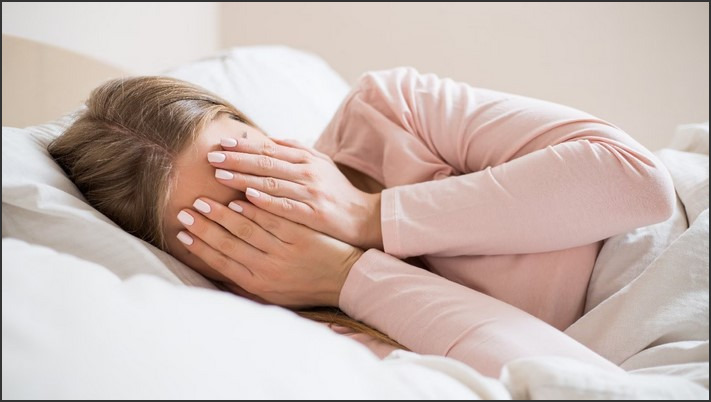
Enuresis, or bedwetting, is a common problem among adults. It is estimated that up to 5% of adults experience this condition. While it is more common in children, it can be a source of embarrassment and frustration for adults. Fortunately, there are ways to understand and manage adult bedwetting. This article will provide an overview of enuresis in adults, including its causes, treatments, and strategies for managing the condition. It will also discuss the importance of seeking professional help if needed. With the right approach, adult bedwetting can be managed and even eliminated.
How to Identify the Causes of Adult Bedwetting and How to Manage It
Adult bedwetting, or nocturnal enuresis, is a condition that affects millions of adults worldwide. While it is more common in children, it can also occur in adults. It is important to identify the causes of adult bedwetting in order to manage it effectively.
The most common cause of adult bedwetting is a urinary tract infection (UTI). UTIs can cause inflammation of the bladder, which can lead to increased urine production and difficulty controlling the urge to urinate. Other causes of adult bedwetting include diabetes, bladder or prostate problems, neurological disorders, and certain medications.
In some cases, adult bedwetting can be caused by psychological issues such as stress, anxiety, or depression. These conditions can cause the body to produce more urine than usual, leading to bedwetting.
Once the cause of adult bedwetting has been identified, it is important to manage it effectively. The first step is to make lifestyle changes such as reducing stress, avoiding caffeine and alcohol, and drinking plenty of fluids. It is also important to practice good hygiene, such as changing into dry clothes after bedwetting and washing the bedding regularly.
In some cases, medications may be prescribed to help manage adult bedwetting. These medications can help reduce the amount of urine produced and make it easier to control the urge to urinate.
Finally, it is important to seek professional help if adult bedwetting persists. A doctor can help identify the underlying cause and provide treatment options.
Adult bedwetting can be a difficult condition to manage, but with the right approach it is possible to reduce the frequency and severity of episodes. By identifying the cause and making lifestyle changes, it is possible to manage adult bedwetting and improve quality of life.
Exploring the Psychological Impact of Adult Bedwetting and How to Cope with It
Bedwetting, or nocturnal enuresis, is a common problem among adults, affecting up to 5% of adults. While it is often seen as a childhood issue, adult bedwetting can have a significant psychological impact on those affected. This article will explore the psychological impact of adult bedwetting and provide strategies for coping with it.
The psychological impact of adult bedwetting can be significant. Those affected may feel embarrassed, ashamed, and isolated. They may also experience feelings of guilt, low self-esteem, and depression. These feelings can be compounded by the fact that bedwetting is often seen as a childhood issue, making it difficult for adults to talk about.
The psychological impact of adult bedwetting can also lead to social issues. Those affected may be reluctant to engage in activities that involve sleeping away from home, such as camping or staying in a hotel. They may also be reluctant to engage in intimate relationships due to fear of embarrassment or shame.
Fortunately, there are strategies that can help those affected cope with the psychological impact of adult bedwetting. First, it is important to talk to a healthcare professional about the issue. A healthcare professional can help identify the underlying cause of the bedwetting and provide treatment options.
Second, it is important to practice good sleep hygiene. This includes avoiding caffeine and alcohol before bed, establishing a regular sleep schedule, and avoiding screens before bed.
Third, it is important to practice relaxation techniques. This can include deep breathing, progressive muscle relaxation, and visualization.
Finally, it is important to reach out for support. Talking to a trusted friend or family member can help those affected feel less isolated and more understood. Additionally, there are online support groups for those affected by adult bedwetting.
In conclusion, adult bedwetting can have a significant psychological impact on those affected. Fortunately, there are strategies that can help those affected cope with the psychological impact of adult bedwetting. These strategies include talking to a healthcare professional, practicing good sleep hygiene, practicing relaxation techniques, and reaching out for support.Enuresis in adults is a complex condition that can have a significant impact on an individual’s quality of life. While there is no single cause of adult bedwetting, understanding the underlying causes and risk factors can help to identify the best treatment options. Treatment options may include lifestyle changes, medications, and/or psychological interventions. With the right combination of treatments, adult bedwetting can be managed and individuals can regain control of their lives.
